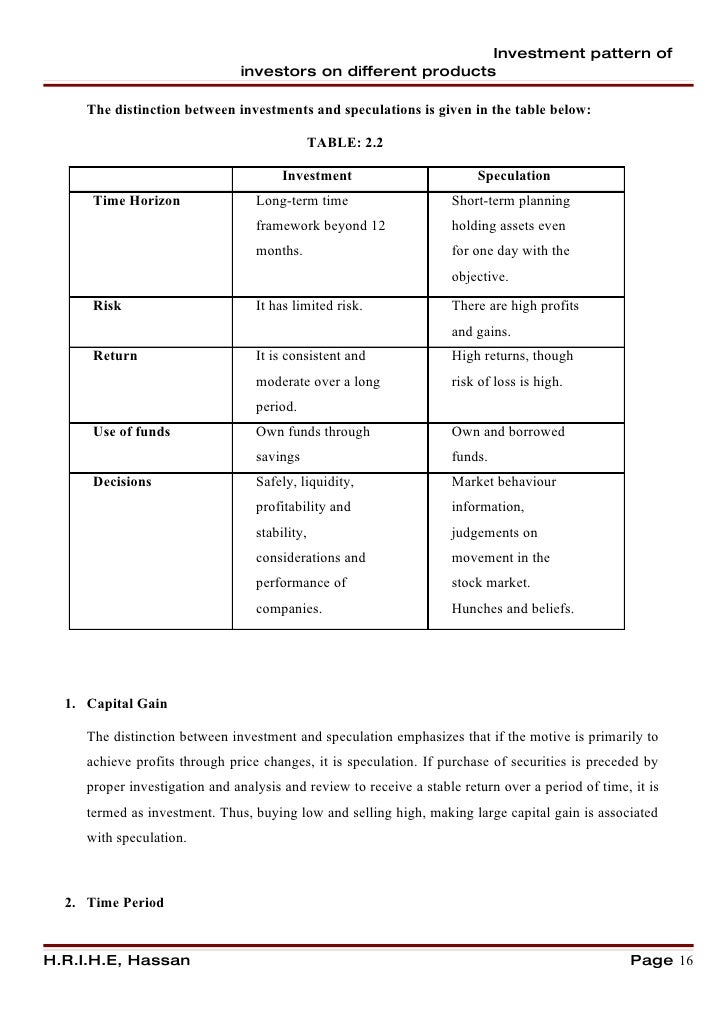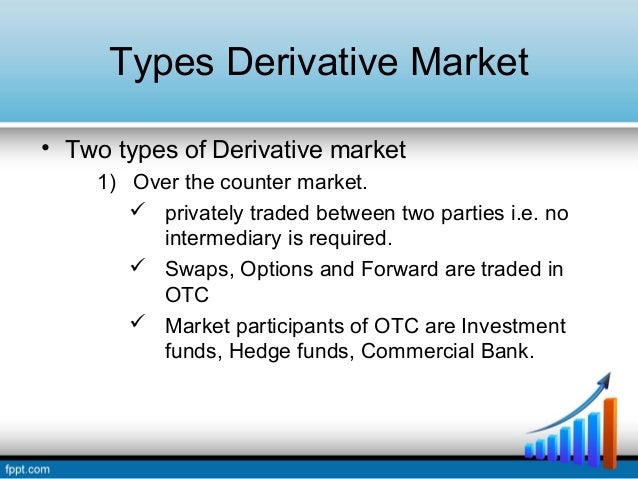Difference Gambling And Investment

What’s the difference between gambling and investing? Let’s stop by the race track and figure it out.
One of the most entertaining aspects of any specialized endeavor, investing included, is the jargon one acquires. Gambling is a pastime, perhaps a sport (if televised poker matches are any indication), but definitely it is above all a social group with its own peculiar turns of phrase.

If all you know about horse racing you learned from the occasional Hollywood movie, you probably haven’t heard the colorful ways that gamblers talk about their wagers. Here are a few fun words to know, related to the order in which horses finish the race:
- Win, Place, Show: You know this one. First place is the winner, second has placed, third is show.
- Place Bet: You win if the horse finishes first or second.
- Show Bet: Doesn’t matter if first, second, or third, but your horse must achieve one of these positions.
- Quinella: You correctly pick the first and second place finishers, but it doesn’t matter in what order they arrive.
- Exacta (or Perfecta): The same as a quinella, but you get the order right.
- Trifecta: You pick win, place, and show in the right order.
- Superperfecta: Same as a trifecta, but you also guess the fourth-place horse correctly.
- Boxed Bet: You bet on all possible combinations by taking several positions on several horses at once.

Jun 18, 2008 Can you explain the difference between gambling and investing? Thanks in advance. Thank you for your e-mail and question about the differences between gambling and investing. There are a number of Christian authors who have addressed this. There is often some confusion between the terms investment, speculation and gambling. So far it probably seems like investing is far better than gambling, but that is not the case at all. One major difference between gambling and investing is fluctuation. The odds are going to remain within the same simple parameters when you are gambling, but when you are investing the fluctuation can make all the difference in the world. Gambling is mainly to do with pure chance, and there are a lot more loss-mitigation strategies when it comes to financial investments. Time is another difference when it comes to comparing financial investments and gambling. Gambling is a time-bound event whereas financial investing can last several years if not longer.
What does this have to do with investing? In the popular mind, unfortunately, there is no difference between gambling and investing. Breathless cable TV coverage of the markets certainly reinforces this idea.
But there is a difference between gambling and investing, or at least effective investing. The methodical investor expects a return at minimal risk, not a wild, all-in bet for entertainment’s sake. That’s why people buy and hold trillions in government and corporate bonds: They expect to get paid for the use of their cash.
Still, there are some instructive parallels in thinking about the difference between gambling and investing. You can think of investing in common stocks, particularly concentrated bets on single stocks or sectors, as a kind of win-place-show wager. You are taking the position that the price of that stock will appreciate faster than the rest of the market and all bonds. It will “win,” or at least beat the pack.
Mutual funds can be considered a form of exotic wagering. Here, you believe you have backed the right horse (the investing style) and the right jockey (the manager) on the right day (whatever is happening in the larger economy). It feels good to make a commitment to a winning team, but the risk is still quite large, considering the high chance of finishing “out of the money,” that is, so far back in the pack it wasn’t worth the fees you paid.
Interestingly, you can take the boxed bet, too. That’s one way to think of index funds and exchange-traded funds (ETFs). You are betting that all of the horses will run fast and all will finish well. Some will lose the race, but the average speed of the pack will be impressive nonetheless.
Naturally, in horse racing, the safer bet pays an accordingly lower jackpot. And taking so many combinations of bets will cost you so much that the potential return is swamped.

And that is the major difference between gambling and investing. With passive index funds and ETFs, the opposite occurs: The cost of taking a relatively “safe” position falls, partly because the funds are on autopilot (no jockey) and because the horses don’t have to win, just finish well. Even if one horse stumbles (bankruptcy of a company), the pack moves on. The difference between gambling and investing is mostly risk reduction.
Investing in a broad benchmark is “style free,” so the risk of dramatic underperformance is zero. It’s not as safe as owning, say, a bond, but with bonds-only portfolios there are other risks, such as rising inflation and higher interest rates. It takes a mix of assets to build a great “boxed bet” when investing. That’s asset allocation.
The big difference between gambling and investing
With good asset allocation and rebalancing, you don’t even have to be at the track on the right day, because you are there all day, every day, collecting wins when they come in and then rolling those winning bets back into the field. And that’s a huge difference between gambling and investing.
Lipper, the stock market research firm, had new data out recently (via Reuters) about where people are “placing their bets” these days. Turns out, they like being in the market. It’s just that their interest in narrow, win-only bets seems to have diminished:

Despite a 2.5% climb in the S&P 500 index in the week ended September 12, investors pulled $1.3 billion out of equity mutual funds – the fifth week in a row during which these funds experienced net outflows. On the other hand, investors appeared to rediscover their enthusiasm for equity exchange-traded funds (ETFs), adding $12.1 billion to those products, with the biggest beneficiaries being large index ETFs like the SPY.
Difference Between Investment And Gambling With Comparison Chart
Investors in general appear to be headed toward a “boxed bet” investing thesis which, given the market’s recent gyrations, is unsurprising. Why take on the risk of betting wrong and blowing away your retirement when it’s simpler, easier, and cheaper to put your money on the entire field?